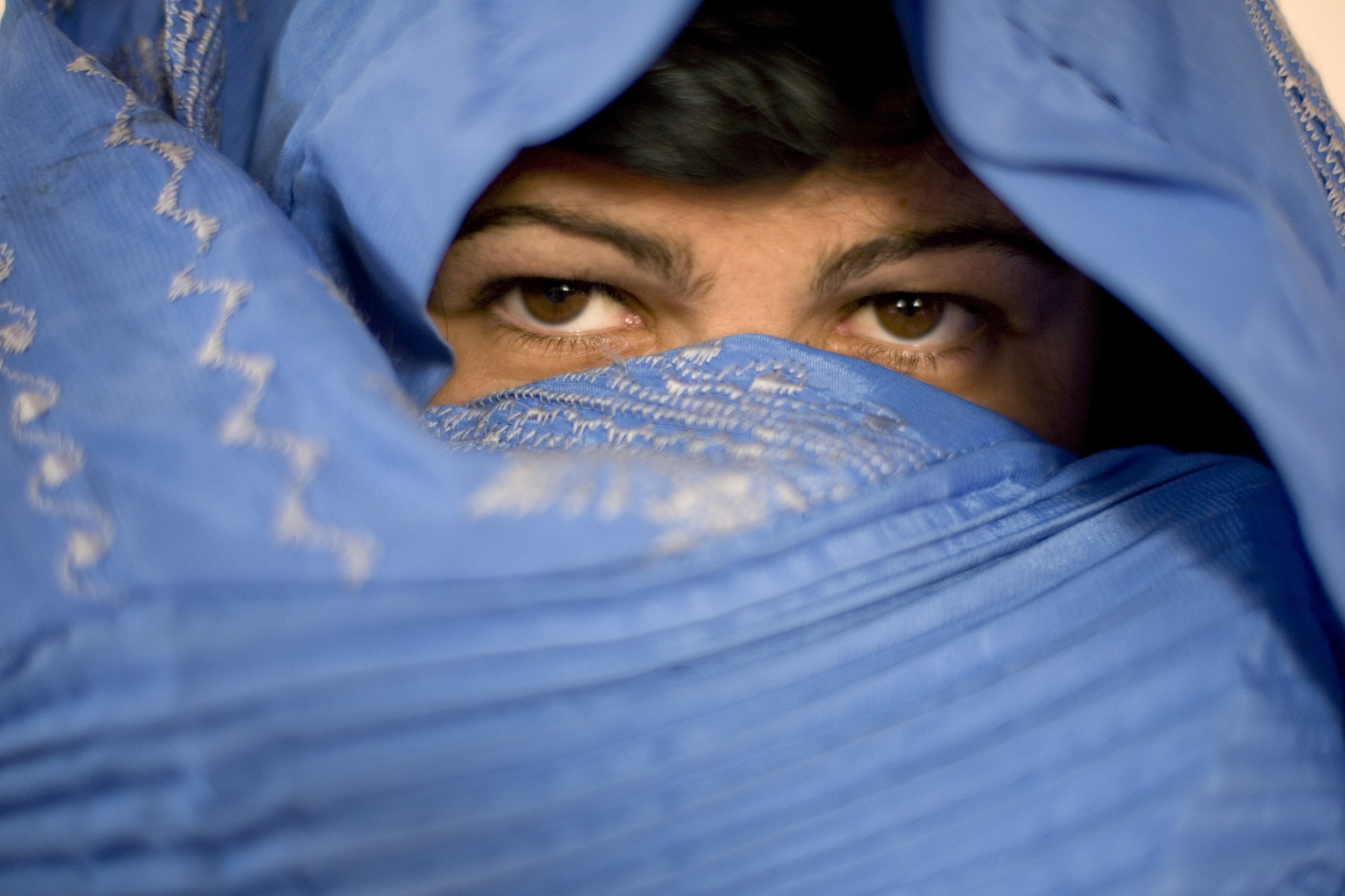
Mission Statement
Defending Afghan women’s equal rights and promoting their roles in the future of Afghanistan
The Afghan Women’s Support Forum, founded in 2012, is an independent alliance of individuals who are committed to helping Afghan women enjoy the health and freedoms that will enable them to reach their potential. All members are volunteers and while AWSF members give freely of their time and skills, they do not constitute a registered charity and have no access to funds.
Context:
Since the AWSF’s foundation, more than 13 years ago, the landscape of life in Afghanistan has changed beyond recognition. The fragile gains made for women since 2001 have been lost and Afghanistan is now the only country in the world where girls are denied access to secondary and higher education. There are grave concerns about the personal safety, wellbeing and mental health of women in Afghanistan, most of whom have been denied participation in in public life. The situation has been exacerbated by the withdrawal of many NGOs from the country.
What we do:
The AWSF brings together influential, well-informed and independent individuals in the UK, who are united in their commitment to furthering the cause of Afghan women’s rights and empowerment. Their backgrounds are diverse, but most have lived/worked in Afghanistan or have relevant experience in capacity building, advocacy, diplomacy, fundraising, media and/or women’s rights issues.
Although the AWSF’s original remit of ‘building on progress’ has suffered a catastrophic setback, its role of creating a ‘safe space’ where interested parties can meet, network, communicate, highlight issues and share ideas remains unchanged. The AWSF will continue to provide a networking forum for those who share its goals and values. Through this we hope to become a force multiplier in terms of raising awareness of critical issues among policy makers and the UK public.
What we don’t do:
The AWSF is not a registered charity and has no financial resources. It is not able to make grants or fund projects.
How we work:
The network was established by two founder members and works informally at private and public levels through:
- Meetings – typically four per year
- Social media – the AWSF has an official FACEBOOK presence, but this is an information resource only and not a medium for posting individual appeals.
